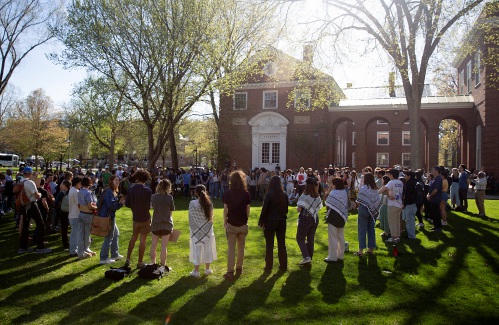
Dartmouth administration faces fierce criticism over protest arrests
HANOVER — Dartmouth President Sian Beilock and college administrators faced pointed criticism at a meeting with faculty on Monday regarding the arrest of 89 students, staff, faculty and community members by police in riot gear at a protest on the...
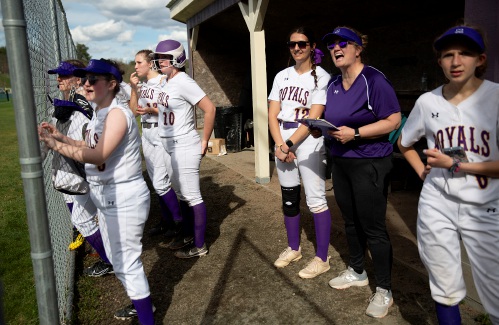
Local Roundup: Hartford tops Woodstock in close girls lacrosse contest
Editor’s note: To have your team’s results included in the Local Roundup, visit https://www.vnews.com/submit-a-score.Girls Lacrosse Hartford 11, Woodstock 7 Key players: Hartford — Audrey Rupp (six goals, one assist), Madi Barwood (three goals), Nella...
Most Read
 A Look Back: Upper Valley dining scene changes with the times
A Look Back: Upper Valley dining scene changes with the times
 Kenyon: Dartmouth shows it has no patience for peaceful protest
Kenyon: Dartmouth shows it has no patience for peaceful protest
 Hartford Selectboard considers banner policy amid controversy over ‘Hometown Heroes’ project
Hartford Selectboard considers banner policy amid controversy over ‘Hometown Heroes’ project
 Killington is the East’s largest ski resort. A developer wants to expand on that in a big way.
Killington is the East’s largest ski resort. A developer wants to expand on that in a big way.
Editors Picks
 Norwich author and educator sees schools as a reflection of communities
Norwich author and educator sees schools as a reflection of communities
 Editorial: Response to campus protests only adds fuel to the fire
Editorial: Response to campus protests only adds fuel to the fire
 Kenyon: Dartmouth shows it has no patience for peaceful protest
Kenyon: Dartmouth shows it has no patience for peaceful protest
 Publisher’s note: Valley News launches updated online app
Publisher’s note: Valley News launches updated online app
Sports

Hurricanes earn 10-9 victory over U-32 in girls lacrosse
WHITE RIVER JUNCTION — The pass was perfect, a classic backdoor feed that arced from Paisley Danaher to Madison Barwood and resulted in the winning goal Saturday for the undefeated Hartford High girls lacrosse team.The strike lifted the host...
 Stevens, Newport baseball split high-scoring games
Stevens, Newport baseball split high-scoring games
 Lebanon High senior comes to the aid of driver with health problem
Lebanon High senior comes to the aid of driver with health problem
 Oxbow softball at dynastic, dominant best
Oxbow softball at dynastic, dominant best
 Local Roundup: Lebanon wins big over Bow in boys tennis
Local Roundup: Lebanon wins big over Bow in boys tennis
Opinion

Editorial: Chris Sununu’s moral vacuum
New Hampshire Gov. Chris Sununu’s conversion from “Never Trump” to “Ever Trump” occurred not on the road to Damascus but on the Republican Party’s road to perdition.On ABC News last Sunday, Sununu affirmed his intention to support Donald Trump for...
 Editorial: Gambling tarnishes America’s sporting life
Editorial: Gambling tarnishes America’s sporting life
 By the Way: A white nationalist’s many mistruths
By the Way: A white nationalist’s many mistruths
 Column: The age-old question of what to read
Column: The age-old question of what to read
 Editorial: Transparency wins in NH Supreme Court ruling
Editorial: Transparency wins in NH Supreme Court ruling

Photos
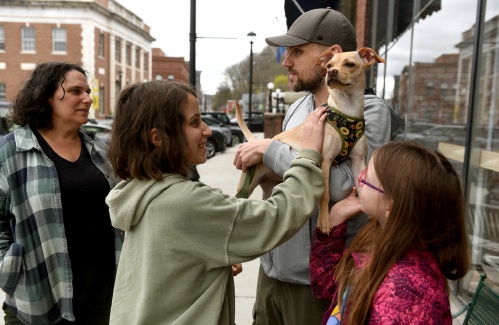
Pampered pup
 Eyes and ears
Eyes and ears
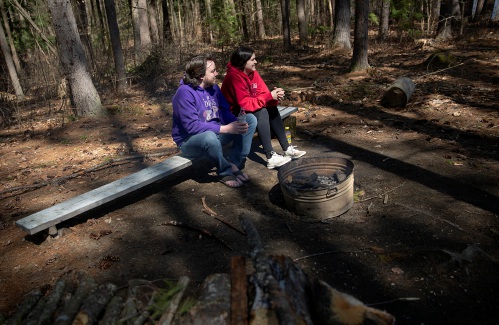 Afternoon outing in Norwich
Afternoon outing in Norwich
 In the garden
In the garden
 Spring cleanup in Lebanon
Spring cleanup in Lebanon
Arts & Life
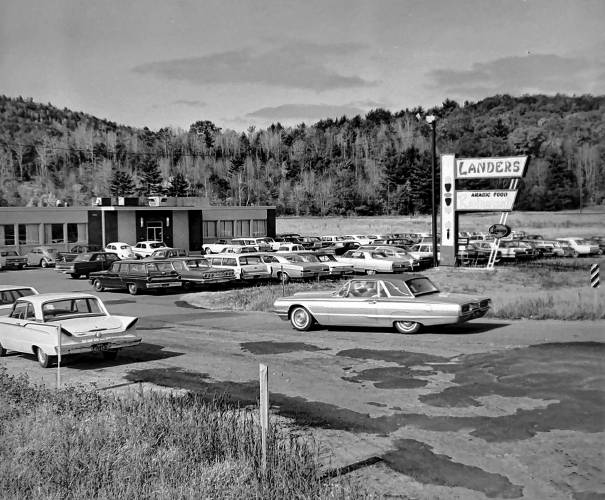
A Look Back: Upper Valley dining scene changes with the times
Before franchised fast food and corporate-owned restaurants hit the Upper Valley, there was a time when locally owned diners and a variety of family-run eating establishments flourished and produced many fond memories and much nostalgia. For at least...
 The future of fertilizer? Pee, says this Brattleboro institute
The future of fertilizer? Pee, says this Brattleboro institute
 Bald eagles are back, but great blue herons paid the price
Bald eagles are back, but great blue herons paid the price
Obituaries
 Barbara W. Bascetta
Barbara W. Bascetta
Jupiter, FL - With saddened hearts and joyous memories, we share the passing of Barbara Whitcomb Bascetta on April 29, 2024. She passed peacefully in Jupiter, Florida surrounded by her loving family. Barbara is survived by her husband, ... remainder of obit for Barbara W. Bascetta
 Kelly F. Kangas
Kelly F. Kangas
Hartford, VT - Our sunshine, Kelly Flora (Bagley) Kangas left this world far too early on Thursday, April 25th from complications of an illness at the Jack Byrne Center. Kelly entered this world the last of four children on September 6,... remainder of obit for Kelly F. Kangas
 Robert H. Mattson
Robert H. Mattson
Hartford, VT - Robert H. Mattson, age 76, passed Wednesday, February 28, 2024. A graveside committal service will be held at 1pm on Friday, May 10th, 2024 in the Ascutney Cemetery in Windsor, VT. Knight Funeral Home has been entrust... remainder of obit for Robert H. Mattson
 Joan Van Hook Harris
Joan Van Hook Harris
Littleton, CO - Joan Van Hook Harris, longtime resident of New London, New Hampshire, died peacefully at her assisted living home in Littleton Colorado on April 17, 2024 surrounded by her family. She was 93 years old. Born on May 23, 19... remainder of obit for Joan Van Hook Harris


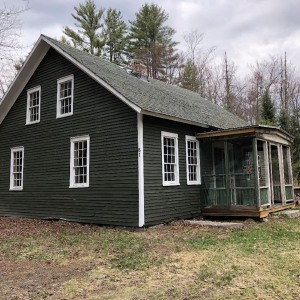 Hanover house added to New Hampshire Register of Historic Places
Hanover house added to New Hampshire Register of Historic Places
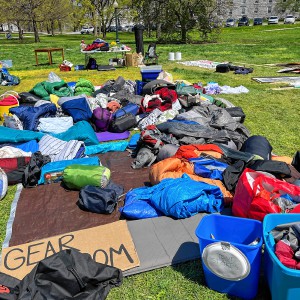 After reaching agreement with Middlebury College, student protesters take down encampment
After reaching agreement with Middlebury College, student protesters take down encampment
 UNH faculty and students call on university police chief to resign following his alleged assault on a student
UNH faculty and students call on university police chief to resign following his alleged assault on a student

 From dirt patch to a gateway garden, a Randolph volunteer cultivates community
From dirt patch to a gateway garden, a Randolph volunteer cultivates community  Out & About: Newport art center’s exhibition celebrates homes of all varieties
Out & About: Newport art center’s exhibition celebrates homes of all varieties
